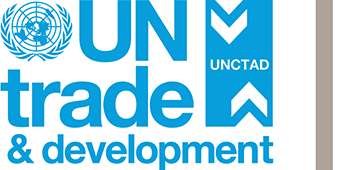AstraZeneca Pharmaceuticals LP v Food and Drug Administration, Et AL., No. 12-5227, 26 April 2013 (United States Court of Appeals, District of Columbia Circuit)
The United States Court of Appeals affirmed the district court’s decision, holding that AstraZeneca’s labeling change of its antipsychotic medication Seroquel was not entitled to an additional period of market exclusivity.
